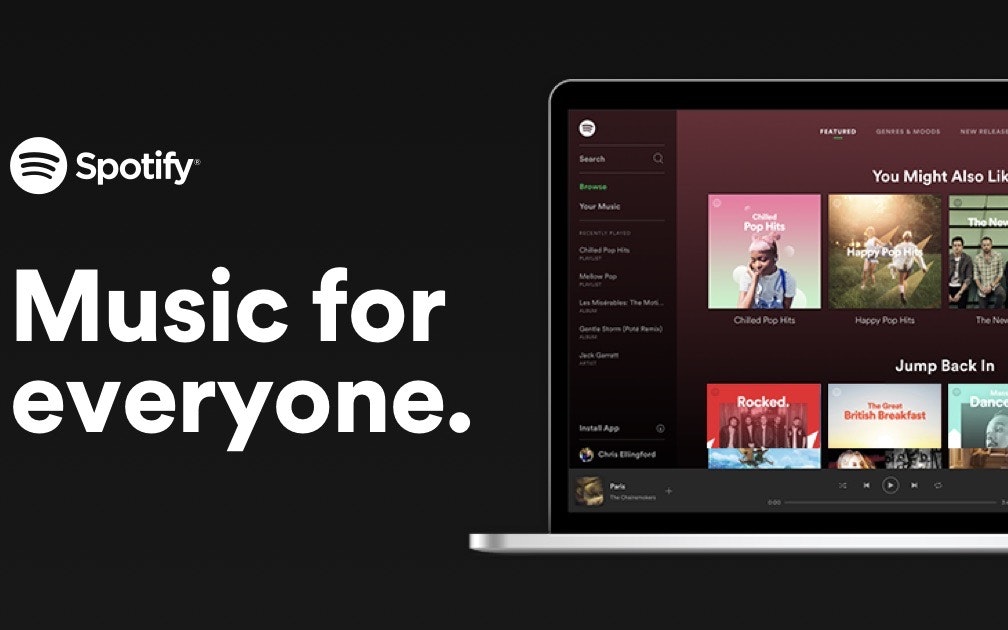Spotify, the pioneer in music streaming, shows after 18 years that it is not only a great product but also could have a successful business model. The Swedish company dominates the audio streaming market with 626 million monthly active users worldwide. But for a long time, profitability remained an unfulfilled dream. Until now.
Here is the translated heading in English:
"Last week, Spotify reported its second consecutive profitable quarter. The net profit amounted to 274 million euros compared to a loss of 302 million euros in the same period last year. There is a prospect that the company will achieve an annual profit for the first time in its history.
The stock has more than doubled in the last 12 months. This euphoria is understandable. The forecasted net profit of 1.3 billion euros this year is a welcome change from the approximately 4 billion euros in net losses the company has accumulated over the past eight years.
Despite this, the stock appears quite expensive with a price-earnings ratio of 41. Spotify is encountering limits on how quickly it can increase its profits.
The company has implemented aggressive cost-cutting measures. Last year, it announced three rounds of layoffs, including plans to cut nearly one-fifth of the workforce in December. It has also scaled back its podcast ambitions after significant investments. These measures helped reduce operating costs by 16 percent year-over-year in the second quarter to 846 million euros. The gross margin increased by more than 500 basis points to 29.2 percent.
These savings cannot be replicated every year. The largest cost factor remains the royalties and fees paid to the artists. The cost of sales – a proxy for these payments – rose by 12 percent in the second quarter to 2.7 billion euros. Recent changes in royalty payment modalities have already led to protests and a lawsuit.
The good news is that Spotify's price increases are paying off. The company has increased the prices for its premium subscribers twice in the last 12 months. Users have largely accepted this. Spotify ended the second quarter with 626 million monthly active users (MAUs), an increase of 14 percent compared to the same period last year. Within this group, the number of paying subscribers rose by 12 percent to 246 million. The remaining users rely on free, ad-supported accounts.
Spotify faces a delicate balancing act. Results from Universal Music Group indicate that Spotify has increased its lead over Apple and Amazon. But the premium subscriptions now cost more than those of the competitors, leaving less room for further price increases. There are talks about a new ultra-premium tier for audiophiles. Increasing advertising revenue also offers potential. However, it will become more difficult to boost profits without losing users.





